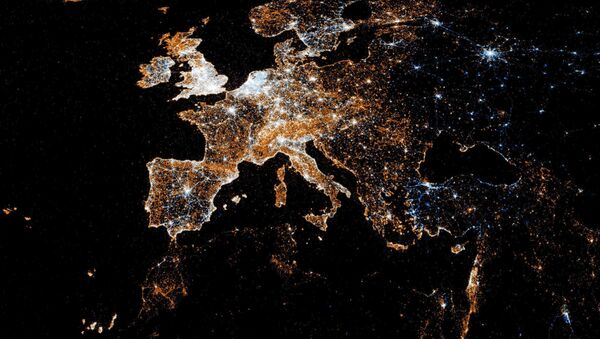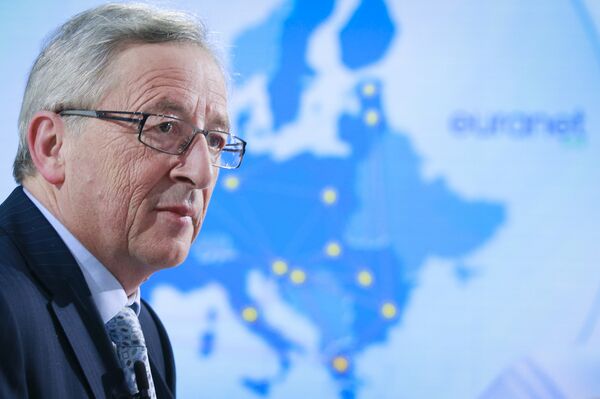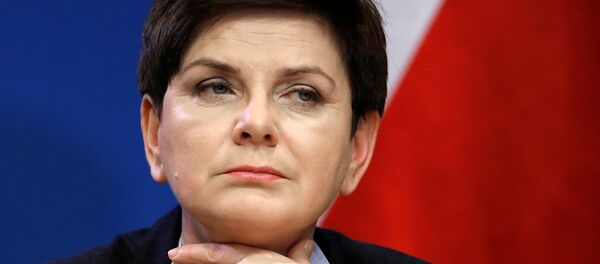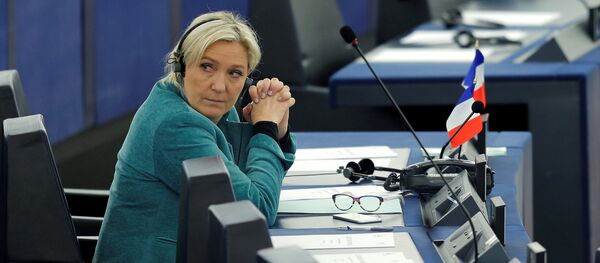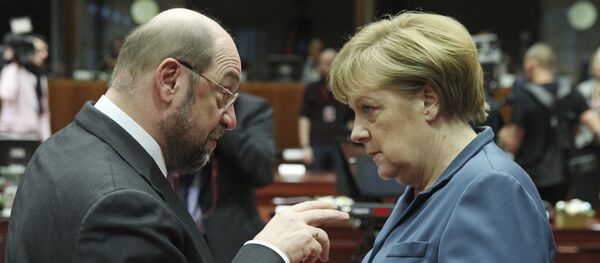EU politics watchers have already indicated that the Rome summit, set to take place March 25, is set to have important political implications, and touch on a number of important issues. European Commission President Jean-Claude Juncker is set to present for discussion a White Paper, which some believe could propose some sort of 'reset' of the supranational union, taking into account Brexit, the Greece crisis and the migration problem now posing major threats to unity. The document is also expected to define measures to stimulate the European economy, fight terrorism and deepen European integration.
In his own an analysis on the subject, veteran journalist and RIA Novosti contributor Dmitri Dobrov emphasized that the importance of this White Paper, and the deeper crisis facing the EU, cannot not be underestimated.
"Now, in a crisis situation, Brussels sees a need to strengthen this 'hard core' of the EU – first and foremost the group of six countries that formed the European Economic Community, the forerunner to the EU, in 1957."
"In other words," Dobrov suggested, "the Romano-German locomotive of the EU will move forward and, if necessary, leave the 'uncivilized' periphery behind. This idea was first affirmed at the last mini-summit in Versailles, attended by the leaders of Germany, France, Italy and Spain – i.e. those countries considered to be the civilizational heirs of the Western Roman Empire'."
"But the main problem lies with the structure of the EU itself, Dobrov suggested. "It has become clear that some fundamental mistake was hidden in its initial design. It is impossible to advance the process of European integration in such a diverse community, where countries face absolutely incomparable levels of economic, cultural and political development. What can Bulgaria and the Netherlands have in common?" Other issues, including geopolitics, are significant as well, the journalist added. "Poland does not attempt to hide its imperial ambitions – something that is incompatible with Franco-German domination" of the EU.
Recently, Dobrov noted, Belgian Prime Minister Charles Michel "outlined very clearly the essence of the present moment: the European project is in jeopardy. For the past ten years, the EU has been in a state of permanent crisis. The European idea, which seemed unshakable to post-war generations, has lost its appeal, and is under attack by populists and nationalists alike."
Accordingly, the journalist indicated, Europe's driving forces have found it necessary "to form a 'hard core' within the EU which would become the engine of growth and reforms. This core, is, naturally, the developed countries of 'old Europe'. Charles Michel highlighted two priorities for this hard core: first – to kick start economic growth in the leading EU economies, and secondly, to ensure internal security by establishing control over borders. According to French analyst Eric Le Boucher, Europe remains an economic giant with huge growth potential, but its development is hindered by 'weak links' – those countries whose crippling debt hangs like dumbbells on the entire union. Therefore, the logic goes, it is necessary to pursue integration in this 'narrow format'."
"In the face of this threat, the poor countries of Eastern and Southern Europe are understandably sharply opposed to this 'two speed' project, since they do not intend to lose their subsidies from EU development funds."
The EU's new members, accordingly, "have accused the powerhouses of the EU of treating them like a metropolis treats its colonies. In addition, with the withdrawal of the UK from the EU, countries like Poland lose their main patron and arbiter. According to these 'Young Europeans', the era of Germany unilaterally setting down its own rules is approaching."
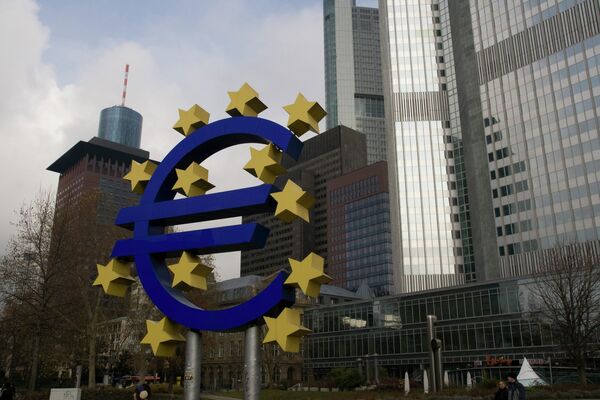
Meanwhile, the analyst noted, Brussels has already begun to reduce aid to Eastern Europe. "Until now, subsidies from EU structural funds accounted for about 20% of the Baltic countries' GDP. With the departure of the UK, which contributed a cool 8.5 billion pounds a year, the amount of assistance will face further reductions. In any case, the program of structural support for the new EU members will be completed by 2020." What happens after that is anyone's guess, Dobrov noted.
The ultimate problem, Dobrov noted, is that "the huge financial injections into Greece and Eastern Europe have not brought any results; there has been no equalization of development. Moreover, social problems were added to the EU's economic woes: millions of guest workers and 'welfare tourists' poured into the developed countries [of Western Europe], support for whom fell on the shoulders of taxpayers."
"As far as politics are concerned, the 'Young Europeans' are completely out of control and refuse to listen to their 'older colleagues'." This includes the never-ending conflict between Brussels, Poland and Hungary, with the two countries consistently challenging the EU bureaucracy on issues of fundamental importance, like refugee quotas and principles of democratic governance.
Accordingly, Dobrov indicated that the ultimate outcome of the series of ongoing and brewing crises may very well be the deepening integration of the EU's core, Western European members, at the expense of Eastern Europe, whose future fate in the supranational union is becoming increasingly uncertain.

